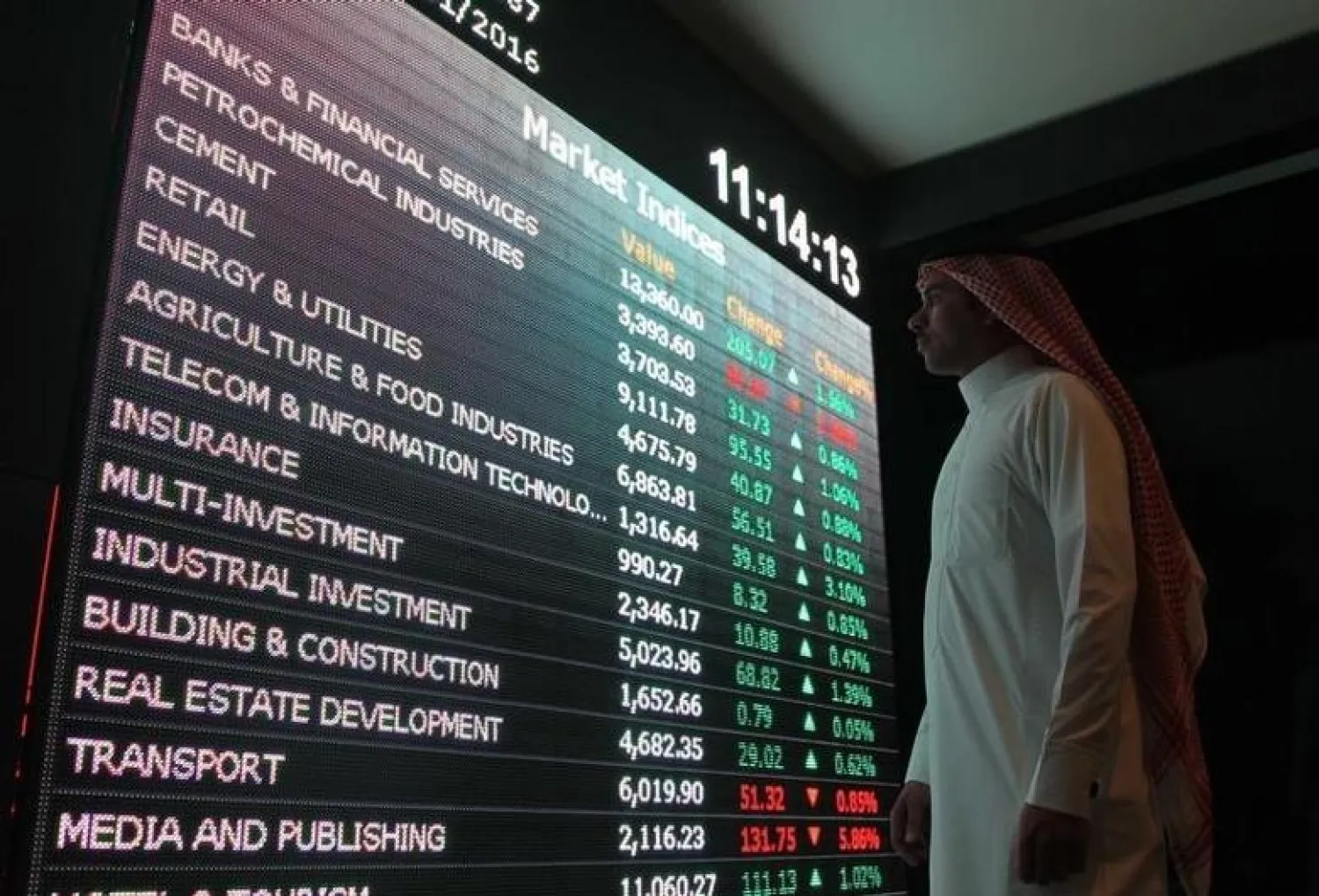The Saudi Shura Council called on the Capital Market Authority to promote local and international institutional investment, in addition to working on activating the rules, regulations and procedures and strengthening oversight over trading, corporate performance and listings for new and small enterprises to protect investors and the Saudi market.
During its 42nd regular session for the first year of the eighth session, which was held on Tuesday via video conference, the Council also issued a decision regarding the latest annual report of King Abdulaziz City for Science and Technology, calling for speeding up the completion of its new system and finalizing its updated strategic plan for the year 2025. It also stressed the need to develop and diversify the city’s financial resources through the establishment of endowments and national funds.
The council asked the city to strengthen its efforts to expand research, development and innovative programs and projects pertaining to national security and defense, in coordination with the competent authorities. It also pointed to a strategic project launched by the city under the name of, “the Kingdom’s National Laboratory”, asking the relevant authorities to equip it with the latest technologies in order to enable it to contribute to the transfer and localization of technology, and upgrade the system of research, development and innovation.
Meanwhile, the Governor of the Saudi Central Bank, Dr. Fahad Al-Mubarak, emphasized the efforts made by the Banking Information and Awareness Committee for Saudi banks, in order to spread and strengthen the financial culture within the Saudi society and raise the level of financial awareness.
Al-Mubarak stressed the keenness of the Saudi Central Bank, in cooperation with the financial sectors, to raise the level of financial guidance and awareness among clients of the banking and financial sector, using the various available communication channels, in the context of serving and protecting the interests of the customers.
The governor urged all financial institutions to deploy more efforts to develop education programs for clients on financial fraud methods, and to continuously measure the effectiveness and efficiency of awareness tools.









